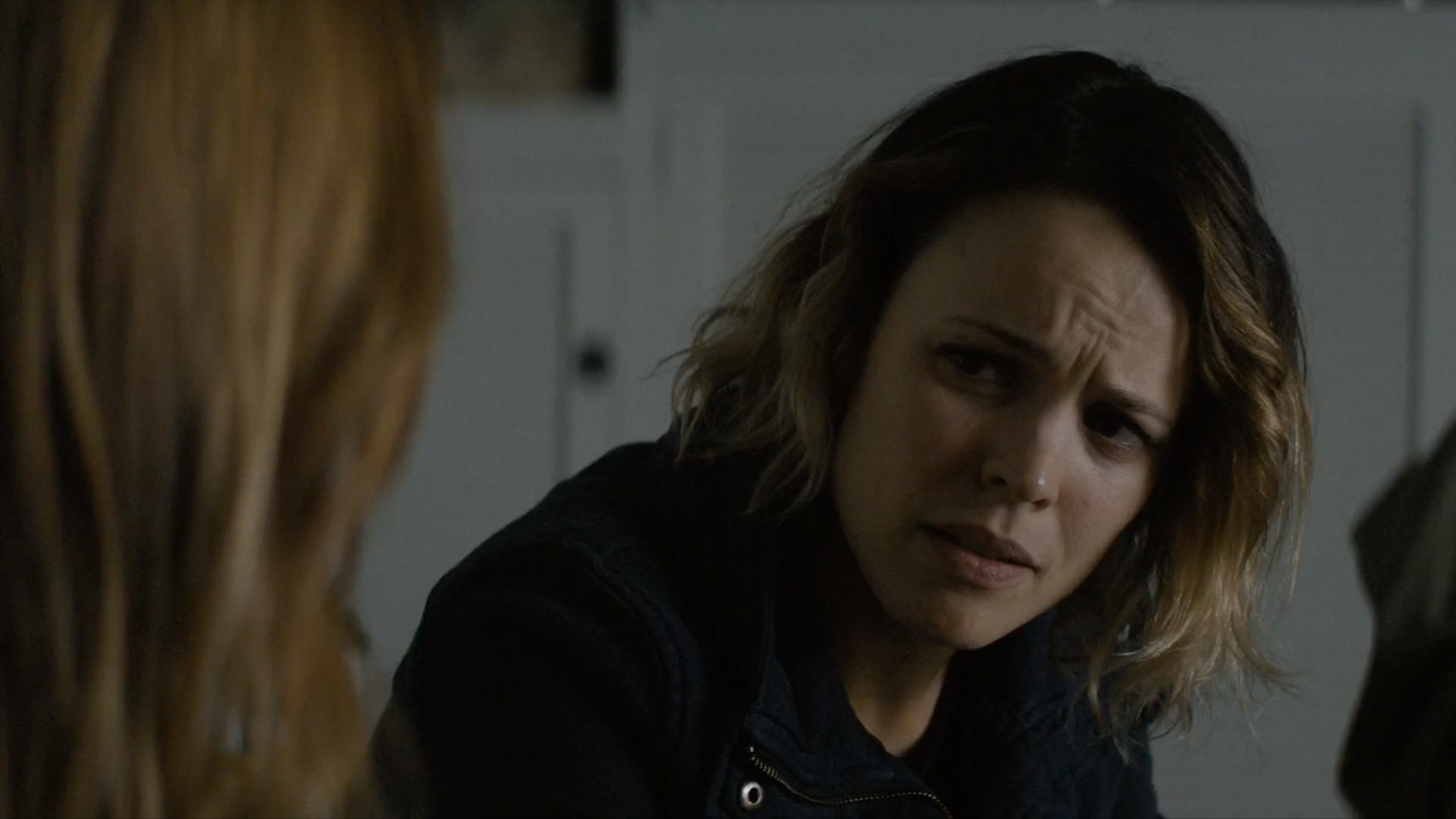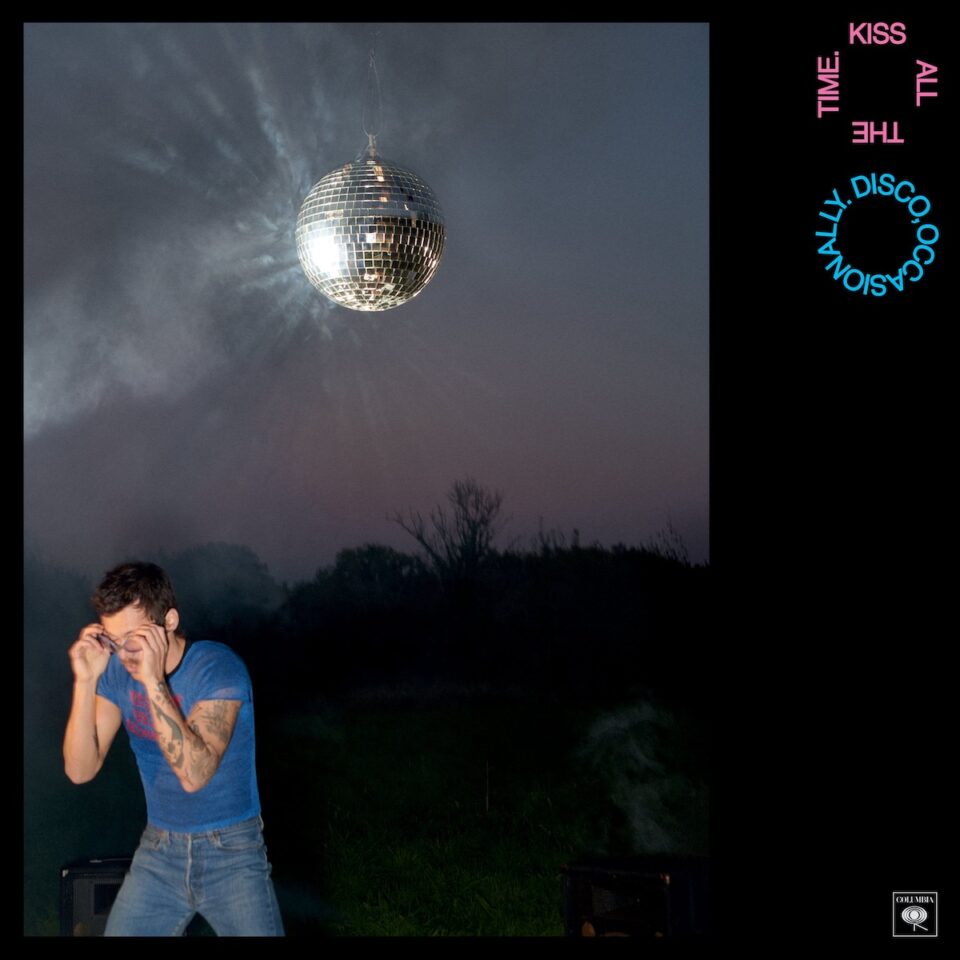True Detective’s second season has, with varying success, tried to work with a single idea, stated by Colin Farrell’s Ray Velcoro in the second episode and plastered on billboards and across websites and throughout train stations from the New York subway to the LA Metro: We get the world we deserve. And now here we are, at the end of the civilized world in Venezuela, with Ani Bezzerides and Jordan Semyon and a thematically convenient baby. There are fireworks and there’s laughing in the streets while the two women stalk unknown through the city streets, off to some other mission. Is this the world we deserve?
Like the season it capped, “Omega Station” was overlong and unnecessarily complicated, driven by batty dialogue and high on its own style (Velcoro sprints out of the house to stop Leonard from murdering Police Chief Holloway but has time to pick up a cowboy hat from somewhere?). It was also punctuated by genuinely affecting moments and (at least this week) allowed its principle characters to die with something like dignity. It was far from perfect—presumably season three will investigate the sudden and mysterious origins of Bezzerides and Velcoro’s heart-eyed-emoji thing—but, as this season of True Detective goes, it was nice enough.
The question, then, is whether “nice enough” is good enough. What, ultimately, was this season of True Detective trying to be? We were never treated to the high metaphysical and existential ramblings of a Rust Cohle, nor did we have anyone as genuinely affable as Marty Hart to keep the gloom in check. The occult, so prominent in the first season, was hinted at early in the season but never reemerged. As many writers have already observed, this season never tried to be anything other than an updated California noir, Jake Gittes with an e-cig clutched between his teeth.
Put differently, this season of True Detective never intended to take us below the surface. What did we learn? That politicians and political systems are corrupt? That the powerful will go to great lengths to protect their power? That gangsters have feelings, too? Still, a show doesn’t need great insight in order to be great; season two could have succeeded on its own terms had we been given any real reason to care for these characters. It’s a failing inherent to the show’s concept, perhaps: if we get the world we deserve, then we’ll never be surprised by the shape of the world to come or by anything we learn therein. Storytelling, at least to a certain extent, depends on mercy.
There was plenty in True Detective’s second season that didn’t work. There were plenty of moments that were flat-out ridiculous, and there may have been more of them in “Omega Station”’s ninety minutes than in any other episode—why the California Highway Patrol would name a freeway in honor of a disgraced officer is anyone’s guess. It was unable to carry the first season’s considerable weight, but it also went way out of its way to suggest that it wasn’t interested in doing so. That’s actually what doomed the season from the start. True Detective‘s failure isn’t that it didn’t want to live up to the expectations generated by the first season, but that it was so unable to accept it. This season was gruff and blatant and showy in its apparent desire to define itself on its own terms, and that made it seem unable to accept those terms for itself.
Do we get the world we deserve? My strong suspicion is we don’t. True Detective wasn’t as good as it should have been, and it wasn’t as bad as it could have been. It eschewed both the high- and lowbrow worlds it could have occupied, and in doing so became the last thing any good noir should be—unspectacular, in the greater sense of that term.
When Bezzerides and Velcoro finally apprehend the woman who, along with her brother, was responsible for the murder that set this season in motion, they ask her why the pair left Caspere’s body so brutally mutilated on the side of the road, sending us all on this trip together. “I don’t know,” the woman says of her brother’s actions. “I think he thought it was funny.”
And that, in the end, is what defines season two of True Detective: a series of provocative actions that seem symbolic, that beg you to examine them closer, but which ultimately yield nothing. FL







